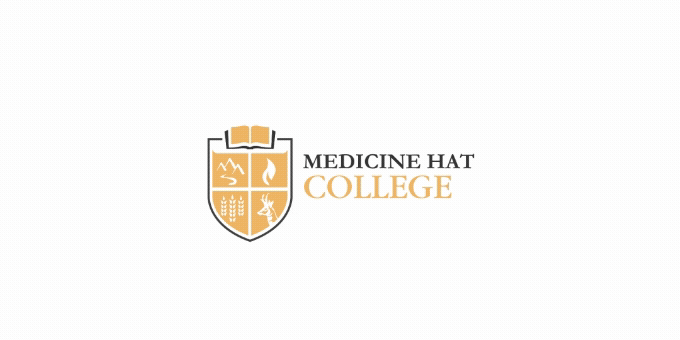
Medicine Hat Health Foundation doubles commitment to Yuill School of Health and Community Services

College celebrates grand opening of Pharmacy Technician lab space

PJs for a Purpose aims to help create nature inspired room for sick children

Community job fair connects jobseekers with local employers

Nominations now open for MHC's Honorary Applied Degree
Campus Calendar See MHC's calendar of important dates and events happening on campus
Contact:
To book a media interview, please email
media@mhc.ab.ca




